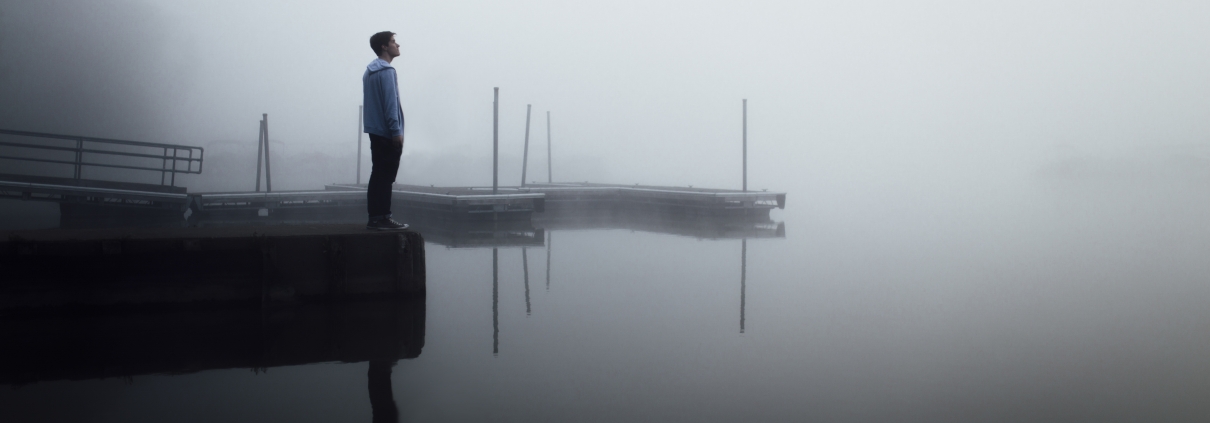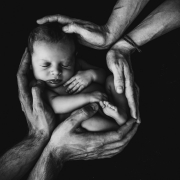On Original Solitude
In my last article, I introduced Pope St. John Paul II’s concept of “original experiences.” He coined this term while pondering the opening pages of the book of Genesis in light of human experience. The first of the original experiences he probed is original solitude.
Recall how in the second creation story found in Genesis 2, God first created the man and later the woman, remarking “it is not good that the man should be alone” (Gen 2:18). Most people take this to mean that it is not good for the male to be without a female counterpart, but, as Pope St. John Paul II pointed out, the sacred author is using an inclusive Hebrew term here that applies to “humanity” not just “male.” Original solitude, then, does not refer so much to male and female as it does to humanity as such. As the pope reflected, “When God speaks the words about solitude, he refers with them to the solitude of ‘man’ as such and not only to that of the male” (TOB 5:2).
For Pope St. John Paul II, original solitude flows from our human experience of being alone in the physical world, but in what sense are we alone? He is speaking of our search for identity. We all desire to know who and what we are. As we pursue this search, we encounter in the physical world many different types of living beings, i.e., many different “bodies.” While we find some similarities — and certainly every creature reflects the glory of God in some way — none of these bodies is fully like us. Our bodies bear an essential difference from the rest of creation. We are alone in the sense that of all the physical world, the human body is the only one that reveals a person.
Original solitude is the experience of discovering that we alone in all of the physical world are embodied persons. The human body reveals a person. As such, the human person is not only an object but also a subject. He has a self-knowledge and self-awareness far surpassing the animals. The subjectivity of man allows him to reflect on his own nature and existence. He can ponder his origin and his end. He can reflect with awe and wonder at the beauty of creation and be moved in the depths of his spirit to worship his Creator. Man alone can do this in and through his body.
Through our bodies we also discover that we alone are capable of what Pope St. John Paul II called “genuinely human activity” (TOB 7:2). As persons, God has given us the gift of freedom and intelligence. We express these spiritual gifts through free bodily acts in a way that no other creature can: through human movement, speech, and innumerable forms of creative activity. Thus, we are able to become as Pope St. John Paul II said, “partners with the Absolute” in caring for and developing the rest of creation, which the Creator has given to man as a gift and a task.
Lastly, through original solitude, we discover that as personal subjects, we are “set into a unique, exclusive, and unrepeatable relationship with God himself” (TOB 6:2). This relationship defines us at the core of our being and identity. Before all else, we are sons and daughters of God, who called us into existence out of nothing and holds us in being through the constant, attentive gift of His love. By giving us bodies, He has shown us that above the rest of visible creation, we are uniquely called to make His love and His wisdom incarnate on earth. We are able to discover this through the prayerful contemplation that is the fruit of solitude.
Note: This article is part of a series of reflections on Pope St. John Paul II’s “Theology of the Body”.
Continue Reading: Original Solitude Part 2: The Sacrament of the Body

Written by, Dr. Andrew Sodergren, M.T.S., Psy.D.,
Director of Ruah Woods Psychological Services
(Article originally published in The Catholic Telegraph, September 2021 Issue, the official magazine of the Archdiocese of Cincinnati)











